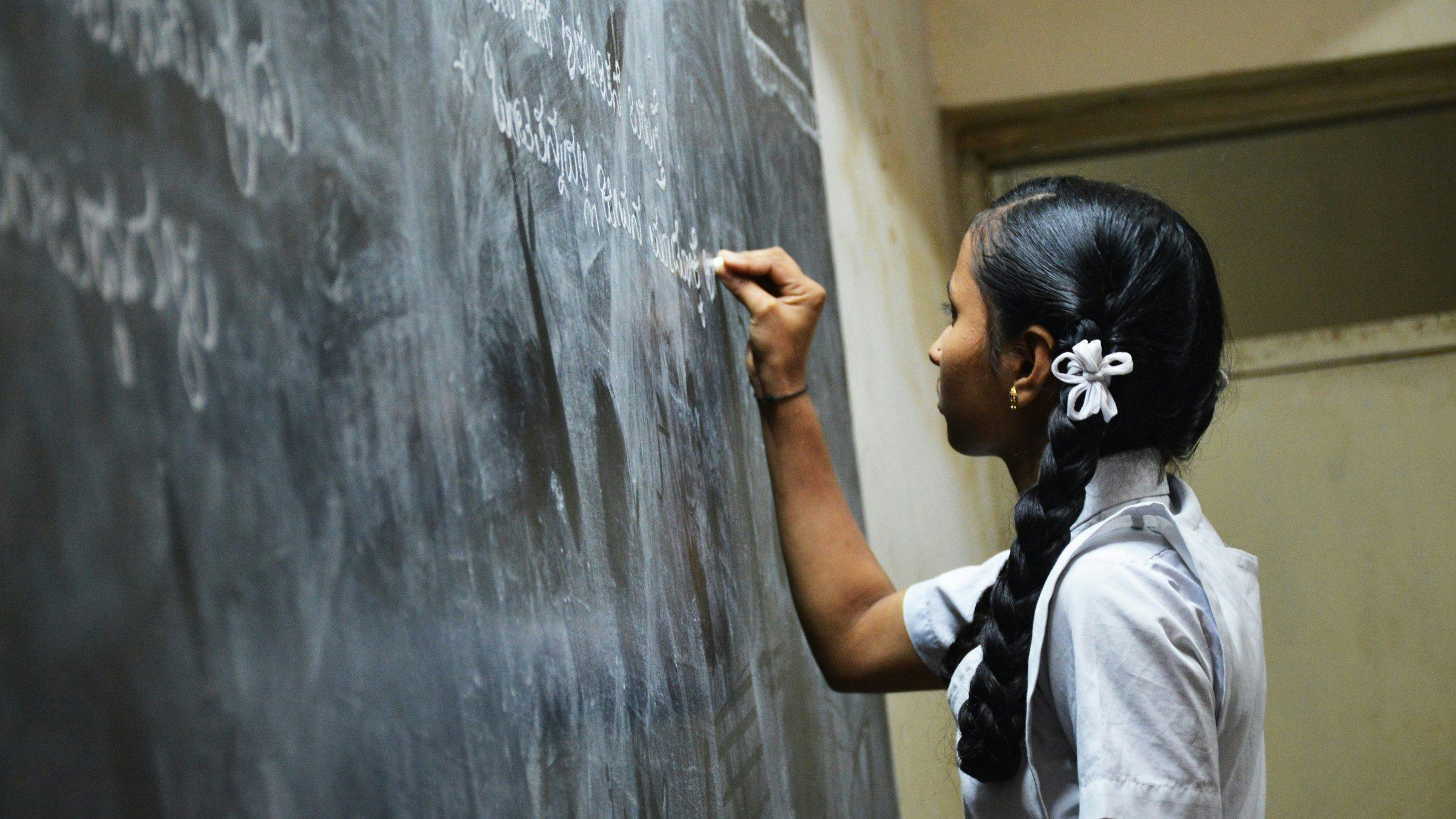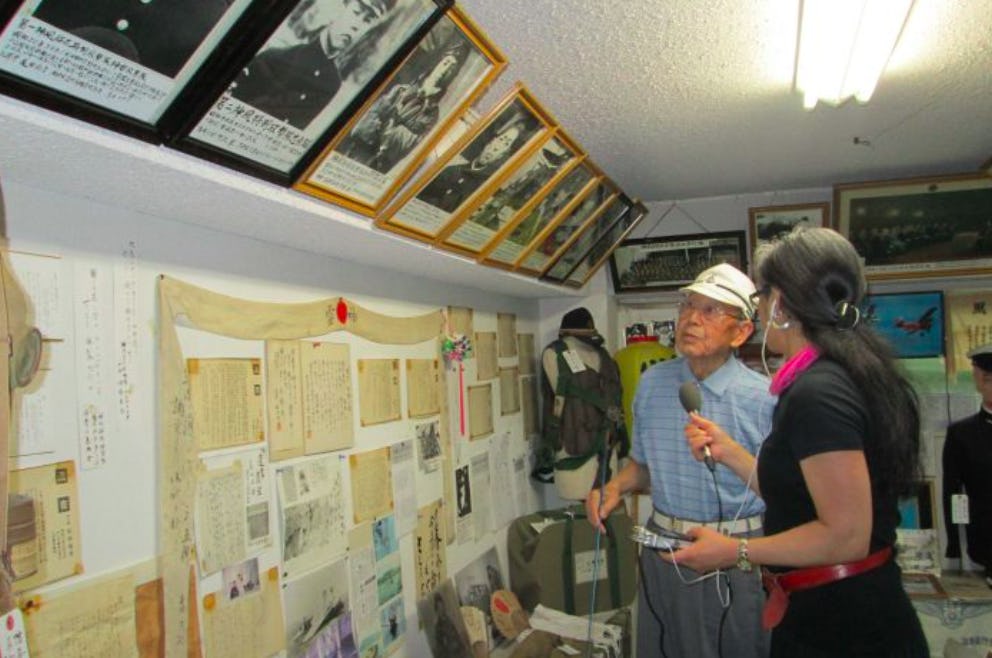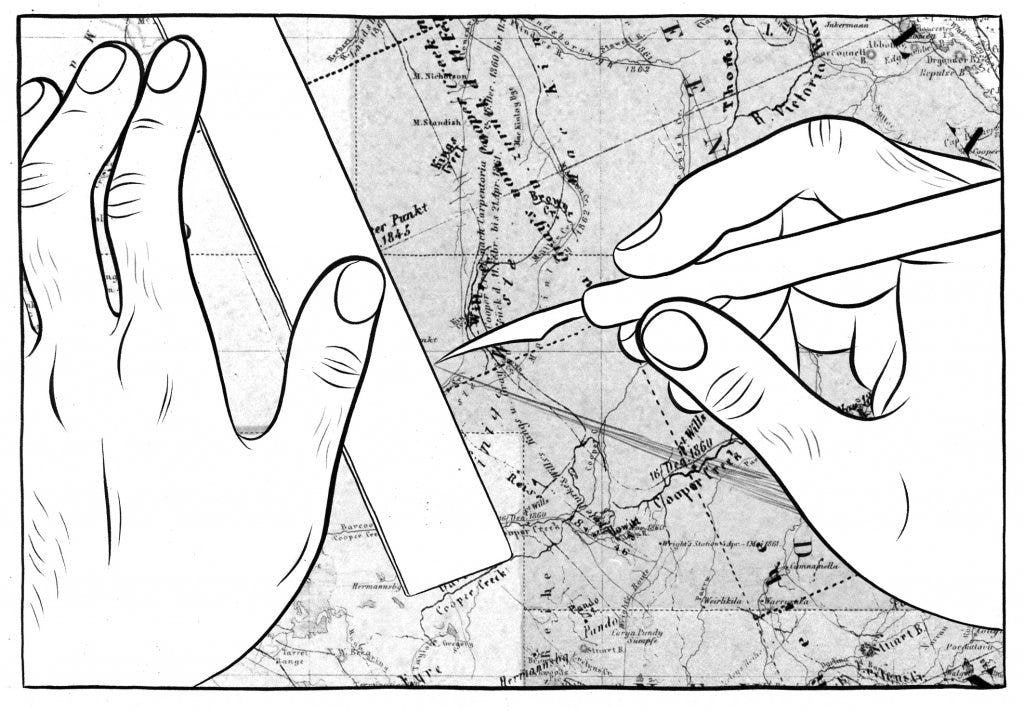Fault
Tiffany Tsao • 18 February 2022
Fault: a flaw, a failing. The responsibility to be borne for a mistake. But also: a geological phenomenon; a crack in the earth’s crust, entirely natural, part and parcel of how the planet works.
What cracks – in ourselves, in others, in our circumstances – do we long to erase, or take the blame for, or try to patch up? What effect does this have on us? ‘I found meaning in apologising’, Kamna Muddagouni writes. ‘But in doing so, I lost the language to express my own discomfort and to give myself space to grieve.'
What if something we’ve failed at isn’t actually failure, even though we’ve been conditioned to think so? Annabel Smith and Lur Alghurabi reflect on their failed marriages – in the context of the husbands, families, and value systems that failed to support them for who they were. Masako Fukui visits a home-museum created by a kamikaze pilot who ‘failed to die’ and tries to make sense of her own father’s past as a former Special Attack Forces trainee.
In a world where high-definition media has become the gold standard, asks Zach Karpinellison, ‘How then do we consciously and thoughtfully celebrate and comprehend lower quality images?’ Can we appreciate their beauty instead of seeing them as inferior?
To round off this week’s selection, we include a creative non-fiction piece by Yumna Kassab reflecting on the colossal moral failures that accompany the nation-building project. What happens when Australian society proudly surveys the wrongs it commits and insists on calling them success?
Speaking of Yumna Kassab, it is our pleasure to announce that she will be curating next week’s edition of The Circular. She will be the very first of twelve guest editors slated for this year! Her chosen theme? The Alchemy of Translation.
You may want to tell the translation aficionados in your life to subscribe post haste!

Defective
Annabel Smith, Westerly, November 2021
Was he failing the test? Was I failing the test? At the second session he spoke to her about 'fightin feelins', but also, thank god, about 'jokin feelins'. She said he was a happy, healthy, developmentally normal child.
Some years later, when he was seven or eight years old, I discovered a note on his desk, on a scrap of paper, in his childish handwriting: I hate myself – I never get surprise playdates – I’m always ashamed – that’s all.
Note: Annabel Smith’s reflection on writing this essay, 'Reflective | Defective', is the perfect complementary read.

How to Stop Saying Sorry When Things Aren’t Your Fault
Kamna Muddagouni, Catapult, October 2018
Thinking of apologizing in my home language has allowed me to understand the act of apologizing as inherently connected to asking for forgiveness. It reminds me that I do not need to blame myself for others’ pain. I can empathize with it without the need to offer language to take personal responsibility. By thinking of saying sorry in Hindi first, I pause my compulsion to say sorry.
Recommended pairing: this Liminal interview with Kamna Muddagouni
Indefinite Fidelity
Zach Karpinellison, Running Dog, October 2020
We encounter these 'degraded' videos, which struggle to shuffle their blocky pixels into crisp, flat details, more frequently than not. And yet, instead of seeing their specific value, (or the beauty in these so-called low-quality images), we frame them as incomplete, signalling not their worth but their potential to be clearer and better.
So Many Rules to Break: On the Struggles of a Modern Muslim
Lur Alghurabi, Literary Hub, September 2018
We were technically perfect for each other. Two Shia Iraqis, not too liberal, not too conservative, kind, young, educated, from loving families who supported us all they could. If we were to fail against all these odds, despite doing everything as God wanted, something must really be wrong with us. So we tried our hardest not to fail, even when the more we learned about each other the more disappointed we became.
(Note: this essay was first published in The Lifted Brow)

My father, kamikaze
Masako Fukui, Earshot, August 2015
Kawano only survived because he was scheduled to fly out the day after the surrender. 'I felt like I failed to die,' Kawano explained. 'It was like coming second in a race, I was so disappointed and ashamed. The gods had allowed me to live. I had to find a way to comfort the souls of my fellow dead pilots.'
Recommended complementary listening: the Earshot episode 'Kamikaze Daughter'

The Conquest of Land and Dream
Yumna Kassab, Meanjin, Spring 2021
I cannot dismantle the structure I have built by hand. It is mine, my boot prints have trodden their ancestral lines. If I surrender my idea, if I abandon this tower of words and names and claims, I see I am no migrant here. I am an alien and this is not my land.
A hearty thank you to Meanjin for making this piece open access until mid-March!